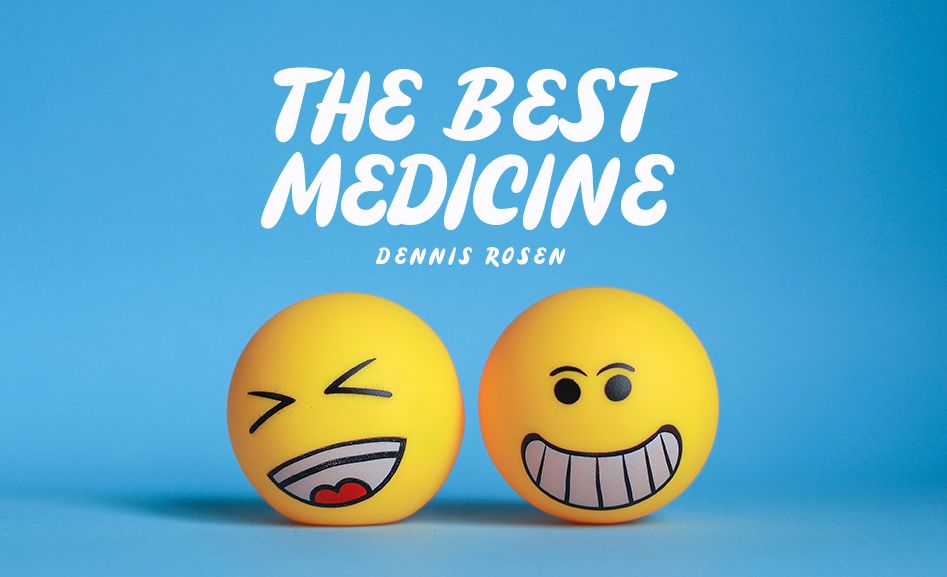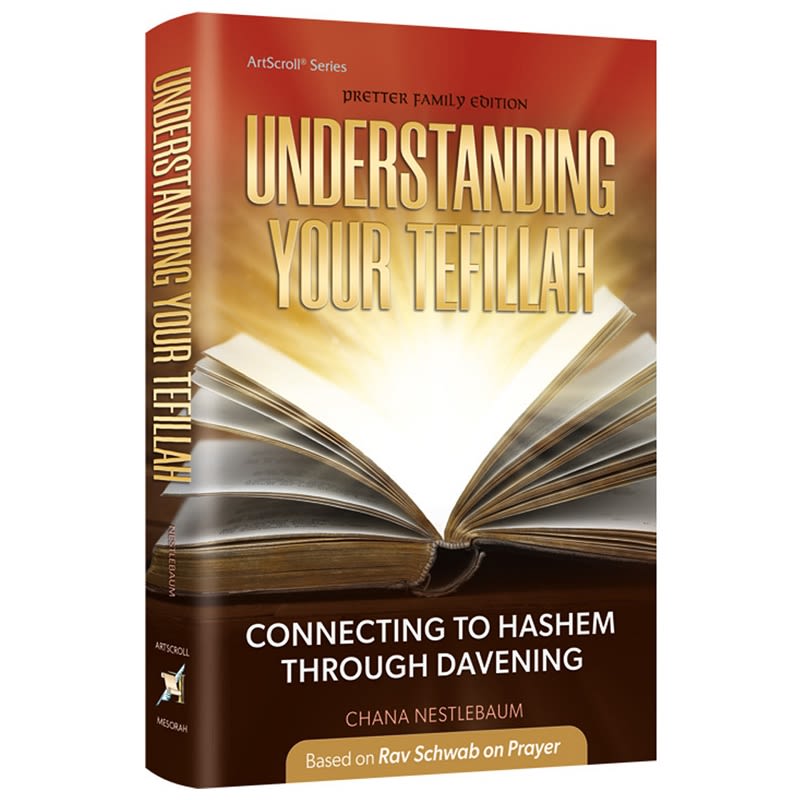
Goodbye Prozac, Hello Emuna
“Prozac took the edge off my depression and helped me function better. But there was one side effect—I felt my entire being was encased in a kind of invisible cellophane…”

During my annual checkup several years ago, my physician asked me how I was feeling. “Lousy,” I said. I told him I felt both lethargic and agitated, shrouded by a heavy sadness that seemed almost tangible. I said I had had trouble concentrating and that even small tasks seemed to require an incredible amount of effort.
He told me I was suffering from depression and prescribed Prozac.
That quick diagnosis came to no surprise to me; I was just laid off from the job I loved. My employer was one of the largest corporations in America where I was a vice president in charge of marketing for six states. Having just merged with another Fortune 500 corporation, the company I had helped increase revenue and brand awareness for announced it was laying off 10,000 employees. And I was one of them.
Of course I saw it coming. Rumors were flying for weeks. But it didn’t make it any easier when I received the phone call from the regional Senior Vice President saying my job had just ended. I was forced to stop clinging onto a false sense of hope. So here I was with a wife and half dozen kids to support with no income. Thank G-d for my generous severance package and unemployment benefits, but all that had run out after several weeks.
My new full-time job was looking for a full-time job. The recession was in full swing, and I was repeatedly told that most companies weren’t hiring—and if they were hiring, they weren’t hiring higher paid marketing executives with a couple of decades of experience. Budgets were slashed. Doors were closed. I started collecting post-interview letters wishing me good luck on my future endeavors.
Throughout all this, I was fighting depression. The waves of depression kept growing higher and higher until I felt I was drowning. But when my family doctor prescribed Prozac, I didn’t get the prescription filled. I thought, “This doctor’s a general practitioner. What I need is a specialist.” So I went to see a well-known psychiatrist. I sat in the waiting room with other embarrassed people while the intercom system piped in a Vivaldi concerto. When I finally saw the psychiatrist, he asked me if I heard voices coming out of my nose or if my TV told me what to do. Standard questions to him, strange questions to me. I told him my symptoms and my worries about paying my mortgage payments and putting food on the table. He diagnosed me with depression and prescribed Prozac.
Prozac is part of a class of drugs called selective serotonin reuptake inhibitors, or SSRIs for short. Other SSRIs include Celexa, Lexapro, Paxil and Zoloft. All these type of drugs work by seemingly making nerve cells form stronger connections in parts of the brain. For me, Prozac took the edge off my depression and helped me function better. But there was one side effect—I felt my entire being was encased in a kind of invisible cellophane. There was a thin, transparent barrier between the Prozac me and the real me, and sometimes it would irritate me so much that I would stop taking the Prozac. But then the the concrete-like sadness, agitation and other depression symptoms would come flooding back, which my wife found unbearable. So I began a roller coaster ride of on-again, off-again Prozac.
Even when I started a new job with a higher salary, I was still depressed and still dependent on Prozac. Then a friend of mine introduced  me to The Garden of Emuna. And my life changed.
me to The Garden of Emuna. And my life changed.
Actually, it wasn’t until I read The Garden of Emuna for the third time that all the lights started blazing in my head. Previously, I thought I already had emuna—of course I believed there’s a G-d in the world. Yet now after reading The Garden of Emuna the third time, I saw I never really had emuna. I now saw the world in an entirely new light: Hashem Hu HaElokim ain od m’valdo, Hashem is G-d and there’s nothing else besides Him. I now saw that every single thing in my life was by Hashem’s decree. And that everything Hashem decrees is for the absolute benefit of my soul, even if it doesn’t feel comfortable. And that everything Hashem does is a tailor-made message for me to achieve my soul correction. And that nobody can help or harm me without Hashem’s permission.
I finally saw the root cause of my depression: I was lacking emuna.
I was depressed because I wanted to be in control in this seemingly cause-and-effect world. And I was anything but in control. The Garden of Emuna plucked me into a new reality where I could connect my intellect with my emotions and recognize that only Hashem is in control. Not me. Not the company that laid me off. Not my new employer.
I felt much like Neo, the protagonist in the 1999 film The Matrix when he realized the world he lived in his entire life was not real. It was all an illusion. There was one scene in the movie I now especially identified with. It’s the scene where Neo is waiting to see the oracle, and in the waiting room is a bald nine-year old boy bending a spoon with his mind. When the boy catches Neo watching him, he says: “Do not try and bend the spoon. That's impossible. Instead… only try to realize the truth.”
“What truth?” Neo asks.
“There is no spoon, “the bald kid answers. “Then you'll see that it is not the spoon that bends, it is only yourself.” And so I bent, realizing Hashem did, does and will do every single deed. I realized Hashem is the cause of every catalyst, and that any situation of stess or sorrow is only a test of emuna.
I started focusing on relying only on Hashem—and stopped relying on Prozac.
Prozac could only take care of the symptoms; The Garden of Emuna helped me take care of the root cause—emuna. With my new awareness of emuna—and with my newly acquired practice of talking to Hashem in my own words—I went off Prozac cold turkey. It’s been nearly three years since I’ve stopped taking Prozac, and my depression never returned. I know I’m one of many who have successfully replaced meds for emuna, and I can’t begin to express my gratitude to Rabbi Shalom Arush for having written The Garden of Emuna (and subsequent emuna books), to Rabbi Lazer Brody for tirelessly reinforcing the importance of emuna to the English-speaking world and, of course, to Hashem, the ultimate cause of everything.












Tell us what you think!
Thank you for your comment!
It will be published after approval by the Editor.